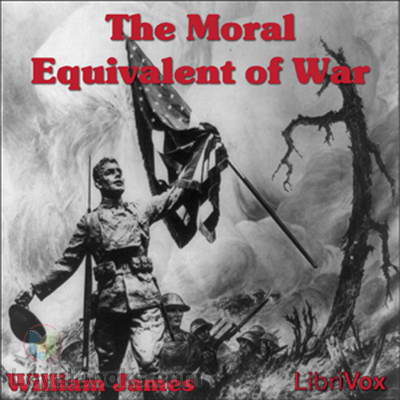In "The Moral Equivalent of War," William James presents a thought-provoking argument about the role of warfare in society and the potential for a more peaceful alternative. Drawing on his background in psychology and philosophy, James explores the psychological motivations behind war and suggests that these same motivations could be channeled into more constructive endeavors.
One of the key themes of the book is the idea that the sense of purpose and unity that war provides could be harnessed in other ways, such as through national service and social reform. James proposes a "moral equivalent of war" that would allow individuals to channel their energy and drive towards noble causes without resorting to violence.
While some critics may argue that James' ideas are idealistic and impractical, his insights into the psychological roots of conflict are still relevant today. The book raises important questions about the nature of human aggression and the possibility of redirecting it towards more positive ends.
Overall, "The Moral Equivalent of War" is a compelling and thought-provoking read that challenges readers to reconsider their assumptions about the inevitability of war and violence in society. James' vision of a more peaceful world is an inspiring one, and his ideas deserve serious consideration in our troubled times.
Book Description:
The Moral Equivalent of War, the last public utterance of William James, is significant as expressing the opinions of a practical psychologist on a question of growing popular interest. For the past fifteen years the movement for promoting international peace has been enlisting the support of organizations and individuals the world over. That this is a question on which much may be said for the opposition, James, though a pacificist, admits with his usual fair-mindedness, pointing out that militarism is the sole nourisher of certain human virtues that the world cannot let die, and that until the peace party devises some substitute, some moral equivalent, for the disciplinary value of war, their utopian goal is neither desirable nor possible. His own solution is advanced not as a practical measure, but merely as an illustration to show that the world is full of opportunities for the peaceful development and continuation of the martial qualities of human life.
This essay was written for general dissemination as a publication of the American Association for International Conciliation, February, 1910. As it not only presents a peace program but defines as well the most familiar arguments of the war party, no militarist article has been included, although it may be mentioned that a suggestive apology for war is to be found among De Quincey’s Essays and also in Ruskin’s Crown of Wild Olive. Additional documents on conciliation, approaching the question from innumerable points of view, are published by the Association mentioned above.
